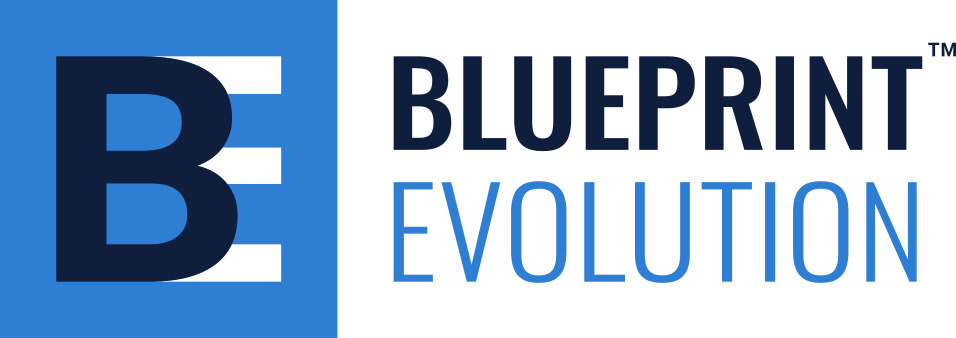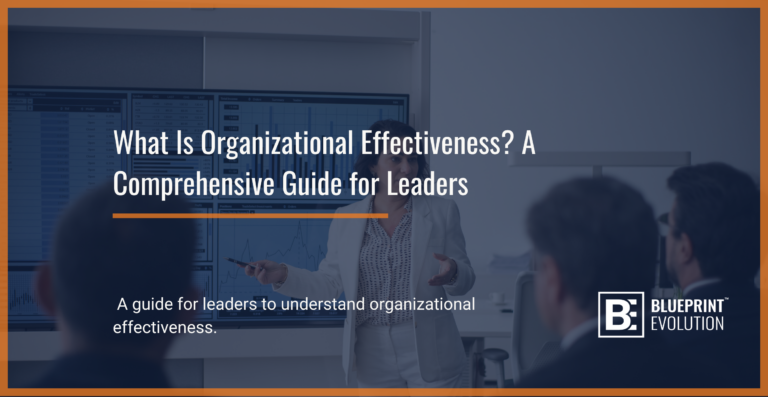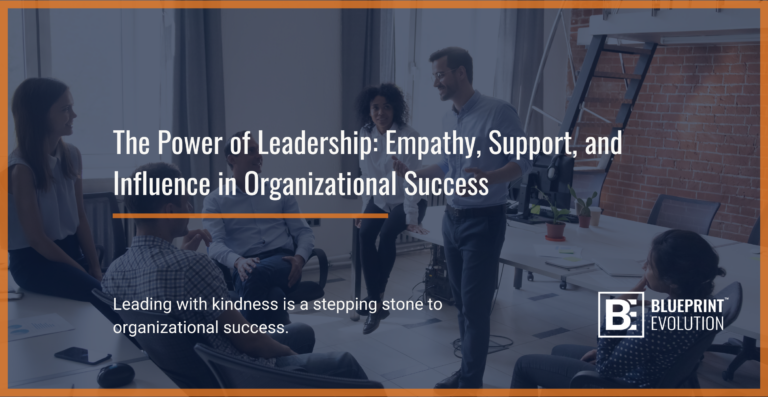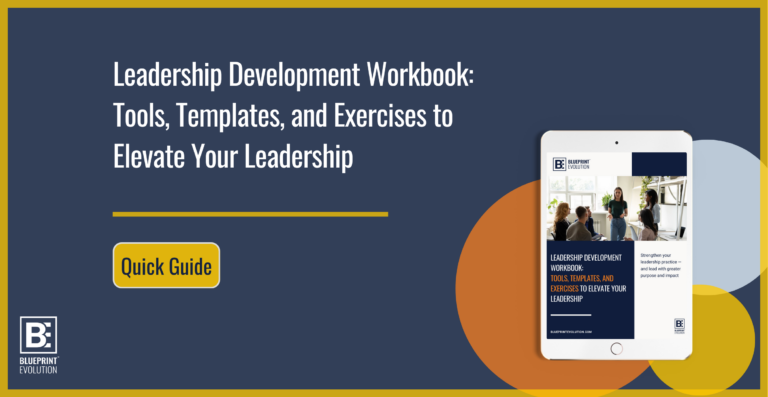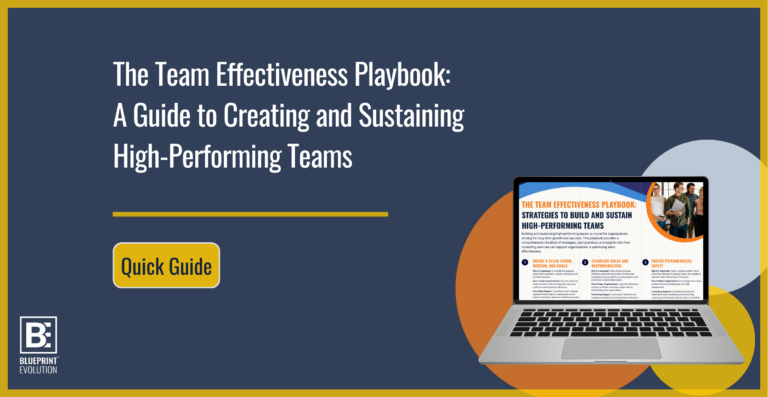Expert Succession Planning for Leadership Continuity
Benefits of Succession Planning
Succession planning is a strategic process that identifies and develops future leaders within an organization. By assessing talent and providing intentional development opportunities, companies ensure a continuous pipeline of skilled leaders ready to step into key roles.
This proactive approach mitigates risks associated with leadership gaps, maintains team stability, and fosters employee engagement. Effective succession planning not only safeguards organizational continuity but also drives long-term success by nurturing talent and
promoting from within.
Companies with effective succession planning processes in place are 2.5 times more likely to outperform their peers in terms of revenue growth and profitability. Additionally, organizations that invest in leadership development see a 20% increase in employee engagement and retention.

The Blueprint Approach
- Assessing Talent: We utilize comprehensive evaluation tools to identify high-potential individuals within your organization.
- Strategic Development: We design personalized development programs to enhance the skills and capabilities of future leaders.
- Career Pathways: We create clear and achievable career pathways to retain top talent and ensure their readiness for leadership roles.

- Leadership Development
-
Focusing on identifying and nurturing leadership potential within the organization. This involves providing tailored leadership training, mentorship programs, and coaching to develop individuals for leadership roles. Effective leadership development ensures that the organization has qualified leaders who can guide teams towards achieving strategic objectives, fostering a culture of excellence and innovation.
- Talent Acquisition & Recruitment
-
Developing comprehensive strategies to attract, select, and onboard new talent effectively. This includes designing inclusive recruitment and hiring processes, defining clear job roles, and ensuring a smooth integration of new employees into the organizational culture. A robust talent acquisition and recruitment strategy helps attract diverse skill sets and perspectives, strengthening the team’s capabilities and adaptability.
- Performance Management
-
Establishing systematic processes to set clear performance expectations, assess employee performance, provide constructive feedback, and support professional growth. This involves implementing goal-setting frameworks, conducting regular performance reviews, and identifying development opportunities aligned with individual and team objectives. Effective performance management enhances accountability, productivity, and employee satisfaction, contributing to overall team effectiveness.
- Talent Development & Engagement
-
Creating a culture of continuous learning and fostering active employee engagement in their professional growth. This encompasses offering various learning opportunities, such as training programs, workshops, mentorship initiatives, and coaching to enhance skills and competencies. Providing avenues for employees to contribute ideas, take on challenging assignments, and participate in decision-making processes promotes a sense of ownership and commitment. Employee development and engagement initiatives maximize individual potential, cultivate a high-performance culture, and drive overall team effectiveness.
- Succession Planning
-
Identifying and nurturing individuals within the organization who demonstrate potential to fill key leadership positions. Succession planning involves assessing talent, providing targeted development opportunities, and creating career pathways to ensure a pipeline of capable leaders. By proactively preparing for leadership transitions, organizations mitigate risks associated with talent gaps, ensuring continuity and stability in team performance.
